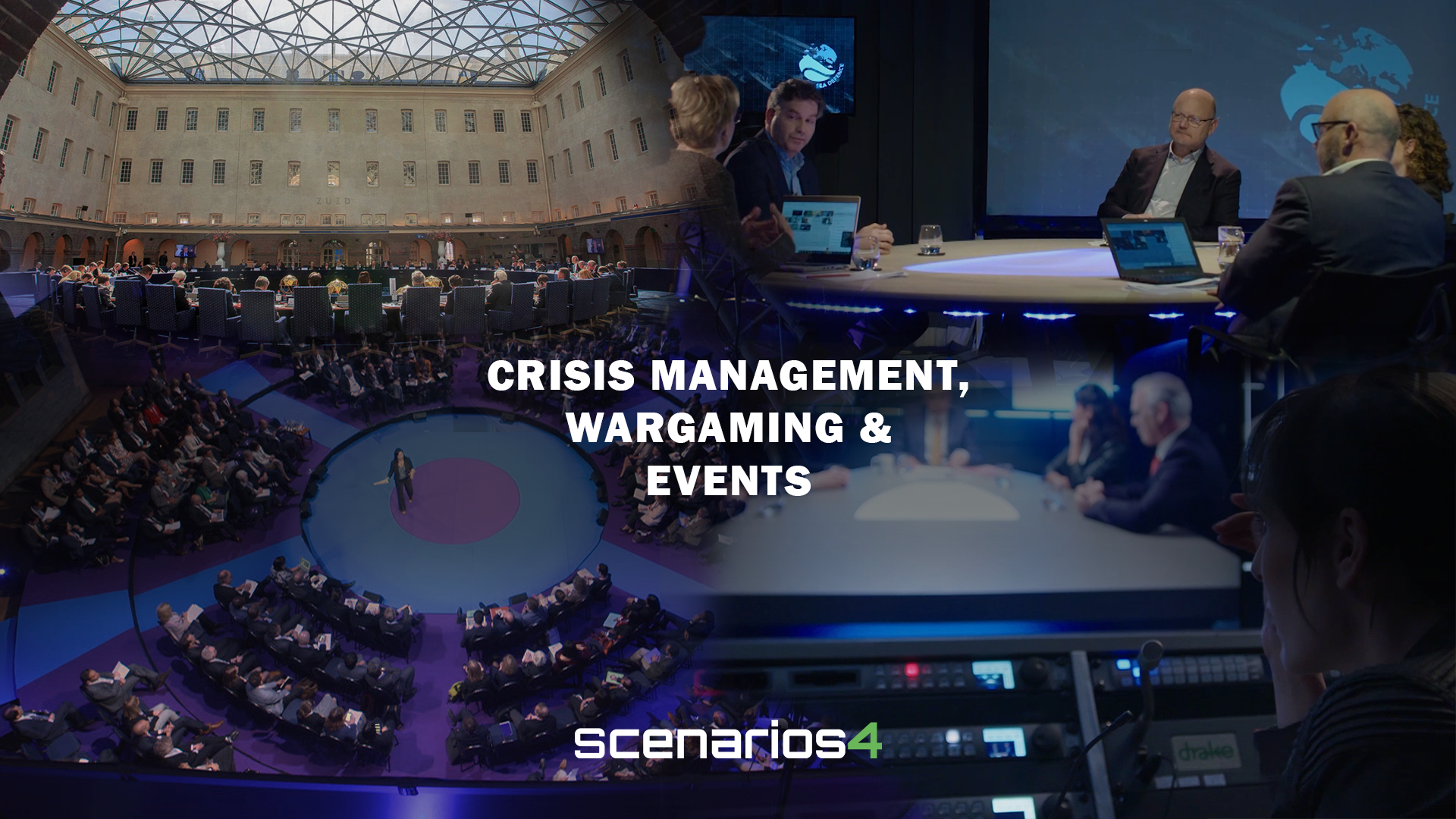scenarios4

Crisis Management Trainings
Crisis management training is an essential component of organizational preparedness, especially in the digital age. Films have emerged as a powerful tool in this context, providing realistic scenarios that help teams prepare for and respond to cyber threats and data loss. Understanding the role of films in enhancing crisis management training is vital for any organization looking to bolster its defenses against these modern challenges.
Crisis management involves preparing for and responding to unexpected and disruptive events that can threaten an organization. Effective crisis management requires a comprehensive approach that encompasses prevention, response, and recovery strategies.
The digital era has brought with it a range of cyber threats, from hacking and phishing to more sophisticated cyber-attacks. Data loss, whether through malicious actions or accidents, can have devastating effects on an organization’s reputation and operations.
Integrating Films into Crisis Management Training
Films offer a unique way to simulate real-world scenarios in a controlled environment. By using films, trainers can create immersive experiences that test and strengthen an organization’s response to cyber threats and data loss.
Several organizations have successfully used films in their crisis management training programs. These case studies highlight the practical applications and benefits of this approach.
Developing a Crisis Management Plan
A comprehensive crisis management plan should include specific strategies for dealing with cyber threats and data loss. This section outlines the steps necessary to develop an effective plan.
Effective training techniques are crucial for the success of any crisis management program. This section discusses interactive learning approaches and role-playing scenarios that can enhance the training experience.
To ensure that crisis management training is effective, organizations need to establish key performance indicators and gather feedback for continuous improvement.
Advancements in technology, like virtual reality and simulation platforms, are revolutionizing crisis management training. This section explores how these tools can be integrated into training programs.
Organizations must navigate the legal and ethical considerations involved in crisis management, particularly when it comes to handling sensitive data.
Preparing for the Future
As the threat landscape continues to evolve, organizations must stay ahead by anticipating future threats and continuously adapting their training programs.
This article provides insights into navigating through a cyber incident. It covers aspects like restoring normal operations, communicating with stakeholders, implementing lessons learned, and continuously monitoring and improving cybersecurity postures.
Conclusion
Crisis management training, particularly in the realm of cyber threats and data loss, is an ongoing journey. Films and modern technologies offer innovative ways to prepare teams for these challenges, ensuring that organizations remain resilient in the face of crisis.